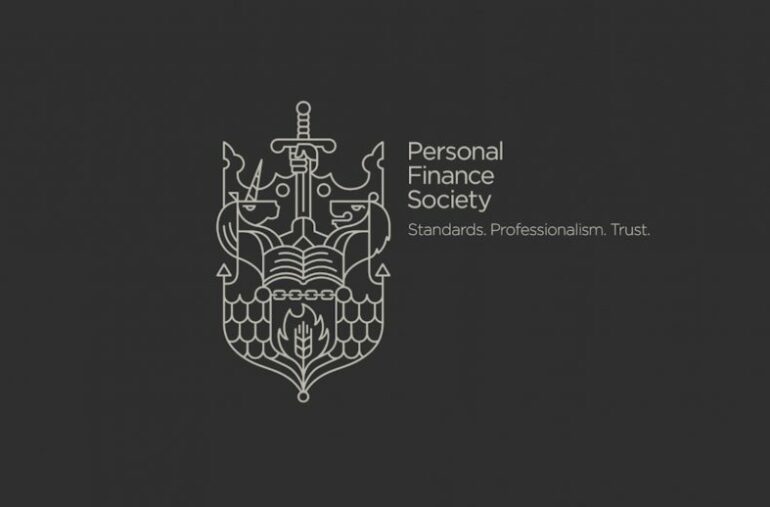The Personal Finance Society (PFS) has published guidance to help firms meet Consumer Duty compliance by consolidating resources and suggesting tech solutions to streamline service delivery.
The guidance recommended using software to document client reviews, artificial intelligence (AI) for meeting transcriptions, and strong Customer Relationship Management (CRM) systems.
It also highlighted existing concepts like the Financial Conduct Authority’s (FCA’s) Retirement Income Advice Assessment Tool.
The PFS toolkit provides templates and checklists for compliance, suggesting professionals use the PFS Code of Ethics to act in clients’ best interests.
The report stated that while compliance might involve more admin work, firms didn’t need to overhaul operations.
Assessing staffing and tech support was advised as a first step.
Current files were advised to be reviewed to ensure activity and client reviews were logged to show value to clients.
The report also discussed complaints management companies (CMCs), noting they accounted for half the complaints received by the Financial Ombudsman Service.
It advised treating all complaints equally, whether from individuals or CMCs.
Carla Brown, president of the PFS, said: “Financial advice firms and professionals have consistently highlighted the time and cost associated with compliance under the Consumer Duty guidelines.
“The PFS Good Practice Guide on Complying with the Consumer Duty in a New Regulatory Environment aims to support firms by consolidating key resources that will optimise the reporting process, while ensuring best practice.”




